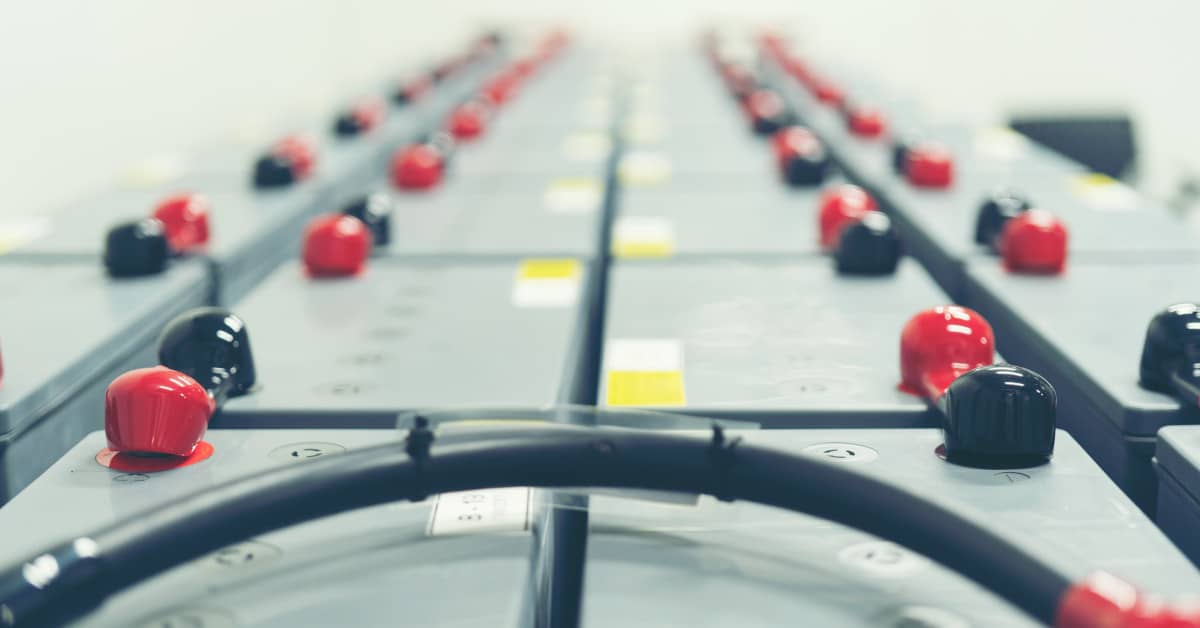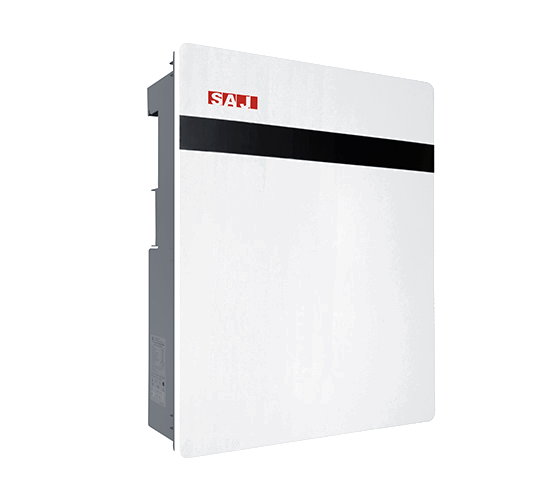Energy Arbitrage – Energy Efficiency Without Solar Power

Even without solar power systems, homeowners can achieve energy independence with battery storage. Until now, homeowners rarely had the opportunity to make use of energy arbitrage – buy low and sell high. However, with energy storage prices falling, energy arbitrage has become feasible for private homeowners. Especially because energy prices are rising at the same time.
In this guide, we will go through all aspects that make energy arbitrage or “time shifting” so interesting for private users. We explain the general concept of energy arbitrage and the role of time of use tariffs. Furthermore, we will provide some example calculations to demonstrate why energy arbitrage has become so effective for private users.
Overview

Time of Use
Time of use metering is a method of measuring and billing energy consumption. Electricity rates are based on the time of day the energy is used. Utilities charge more at times of day when more power is consumed.

Energy Arbitrage Definition
Energy arbitrage is a technique where power is bought during off-peak hours (when grid prices are cheapest). It is then stored and used during peak hours (when grid electricity prices are highest).

Get In Touch With Us
Get in touch with us to enquire about our solar power for business solutions. You can also schedule an appointment for a free and noncommital discovery call.
Battery Storage Solutions
Reliable battery storage solutions are key to becoming energy efficient without solar power by making use of energy arbitrage. Get a glimpse of our battery storage solutions, with or without solar power!
Time of Use Tariffs
Time of Use
- Time of Use Tariffs allow for cheap energy prices during off-peak hours.
- Electricity Prices are highest during peak hours and cheapest during off-peak hours
- Using Electricity when energy is cheap, allows for a significant reduction of electricity costs.
Time of Use Rates
Most electricity tariffs for household power have a fixed price. You always pay the same per kilowatt hour, regardless of when you use it. However, there are also tariffs whose price changes within a day, called time of use tariffs. More and more electricity suppliers offer variable tariffs wherever possible.
Either producers and consumers negotiate the price of electricity with each other – or the market determines the price. For example, this happens on the EEX power exchanges in Leipzig and Epex Spot in Paris. The prices formed there are a reliable indicator of the overall price level.
The following table shows how electricity costs of an average European household are distributed with a time of use tariff.
As this table shows, the energy cost during peak hours is 3.5 times higher than the standard tariff. Obviously, the cheapest rate is available during off-peak hours. In this period, households pay only 1/7th of the electricity price during peak hours. At this rate, the yearly energy cost would be at 1507.45 €.

Energy Arbitrage Definition
What is Energy Arbitrage or "Time Shifting"?
- Peak hours are typically from 10am-2pm and 6pm-10pm.
- Battery storage allows you to charge your battery outside of peak hours, when electricity is cheapest.
- Energy arbitrage means storing this energy for use during peak hours guarantees cheap electricity prices throughout the day.
The cheapest energy is the one you don’t use, but there are ways to save energy or electricity. The easiest way to optimize energy round trip efficiency is energy arbitrage. It revolves around buying electricity when prices are low and using (or selling it) when rates are highest.
Energy costs are rising while the installation costs of energy storage systems is decreasing. Therefore, more and more electricity customers can take advantage of Behind The Meter (BTM) energy storage. Many BTM energy storage systems are already being used for backup power and load management. However, relatively few are used for energy storage arbitrage.
The following table shows the potential savings when combining time of use tarrifs with battery storage.
Price Arbitrage Energy Storage Example
The above table shows that, using battery storage, the daily energy cost goes down by 71.91%. This would result in a yearly energy cost of only 496.40 €, saving 1011.05 € every year! However, you have to make sure that the battery provides enough capacity to store the energy needed during peak hours.
The average European household consumes about 9.12 kWh during peak hours. Therefore, a suitable battery solution needs a capacity of at least 9.12kWh to supply the house during peak hours. With a larger battery, you will be able to store even more power. This allows you to avoid the standard tariff as well and save the most amount of money.
The following table shows how energy cost can be reduced even further by only buying power at night.
Energy Arbitrage – Maximum Cost Reduction
With a storage capacity of at least 16.96kWh, you can reduce your total energy cost to 1 €/day. Over a whole year, you will only pay 365 € for your electricity cost, saving 1142.45 € in electricity bills every year.

Battery Storage Solutions for Energy Arbitrage
Battery Storage Components
- Inverter to convert AC (from the grid or solar system) to DC current.
- Battery storage units to store power for later use.
- Enough storage capacity to fully supply the household’s power demand (usually, several batteries are connected together for this).
With or without solar power, an inverter is needed for deployment of battery energy storage system for energy arbitrage applications. Storage units allow the household to store power for use at a later time. In our experience, the most import thing to pay attention to is the battery’s chemistry and safety.
Home battery storage systems are getting more and more popular, but as Elon Musk has already made clear, they “suck.” After all, the success of battery systems depends on technology that drives down costs.
At JustWe, customers enjoy access to cutting-edge battery storage technology, and at the lowest possible price. Our battery storage solutions are suitable for solar power systems as well as energy arbitrage without an attached PV system.
The SAJ AS 1-3KS-5.1 gives you a new degree of independence from the public power grid. Having its own integrated inverter, it also presents a great choice for a stand alone home battery solution.
It’s chemistry is based on lithium for maximum safety and a high cycle rate. An integrated smart energy management system provides total freedom in terms of energy and expense allocation.
Charging and discharging times can be flexibly set based on local peak and off-peak electricity periods to minimize energy bills. Three different operating modes are available for that purpose.
- Stand alone home battery
- Integrated inverter
- Lithium-ion battery
- Optimal for energy arbitrage
- Smart energy management
- Storage capacity: 5.1kWh
- Life cycles: ≥6000
No Solar – No Problem
Very view products on the market offer a complete stand-alone battery solution in a single product like the AS1 does. While it provides a convenient retrofit solution for PV systems, it works perfectly fine without solar power.
Even if your home is not suitable for solar power, the AS1 is a splendid solution to increase energy efficiency.
However, the storage capacity (5.1kWh) of the AS1 alone is not sufficient to power a full-family household alone. Therefore, we highly recommend a pack of modular batteries to upgrade power capacity.
The B1 is an expandable high voltage lithium battery for homeowners. It’s chemistry yields a higher energy density and safety than other battery technologies.
One unit has a storage capacity of 5.12kWh. The B1 is expandable, allowing for up to four units to be connected together. This way, a maximum storage capacity of 20.4kWh can be achieved.
This is slightly above the average daily consumption of a full family household. These features make the B1 is an excellent battery storage device for homeowners who want real value for money.
- Expandable lithium-ion battery
- Modular design
- Excellent protection
- Safe chemistry
- Life cycles: ≥6000
- Storage Capacity: 5.12 kWh


